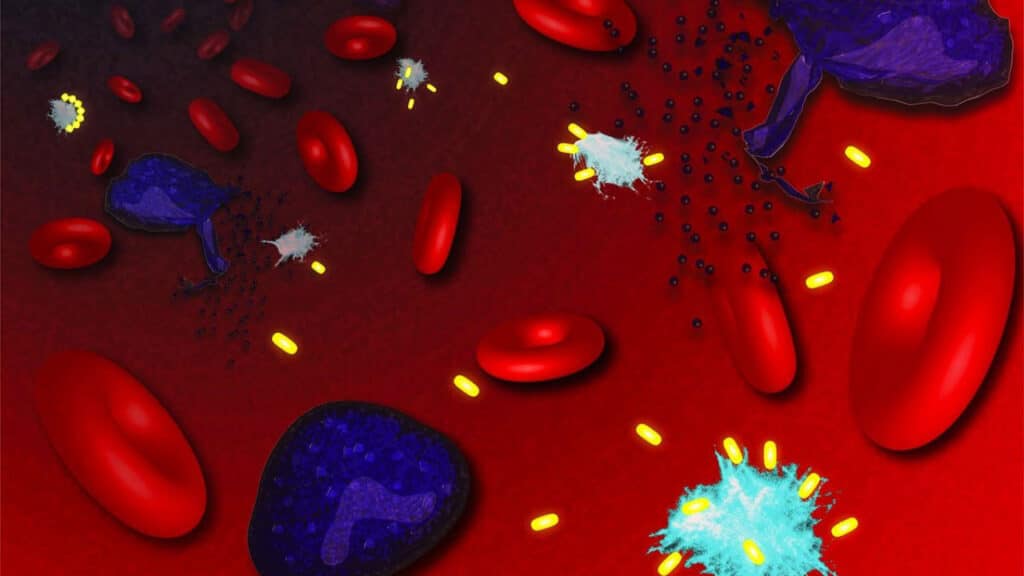Inflammation is one of the great irritations of aging, literally as well as figuratively. It becomes more common, it becomes more serious, and it underpins conditions ranging from Alzheimer’s to arthritis. Why exactly is this, and is there anything we can do about it?
There’s some debate among scientists about whether inflammation is a symptom of aging or a cause. It makes a popular subject for research (https://www.mpg.de/15021569/a-balancing-act-between-immunity-and-longevity). What we do know is that the inflammation is often linked to the immune system, which can become overactive as we age. Its normal inflammatory response is easier to trigger and lasts longer, not fading again as it should.
When the body becomes inflamed, it’s normally a protective response to some kind of unwelcome stimuli. That could be physical trauma, such as a crush injury, or it could be invading bacteria, to name two of the most common examples. Your immune system is activated and your blood vessels get to work to remove the source of the damage and start repairs.
That’s right: as unpleasant as it can be, inflammation is actually pretty important. Without it, the damage to your body could grow with potential long-term or even fatal health impacts. The redness, swelling, heat, soreness and loss of function are all part of the mission to destroy whatever caused the reaction and remove any irreparably harmed cells so healing can begin.
Problems arise when the immediate threat is gone (or never existed in the first place) but the inflammatory reaction continues. Healthy tissue may be damaged along with the injured cells. It can lead to chronic pain and discomfort, including a whole host of diseases that are often considered diseases of age. A more active immune system can actually be associated with reduced longevity.
Our understanding of exactly how the immune system and its inflammatory response works are still limited, and this can make it difficult to treat. We don’t have cures for Alzheimer’s or arthritis. The best idea seems to be to follow the general health advice about a balanced diet and regular exercise. There are medications that can reduce the impact of inflammation if it does hit you and won’t go away. Other than that, a lot of research is still needed. Inflammation isn’t just an inconvenience; it’s a key part of the immune system with a big impact on longevity.




